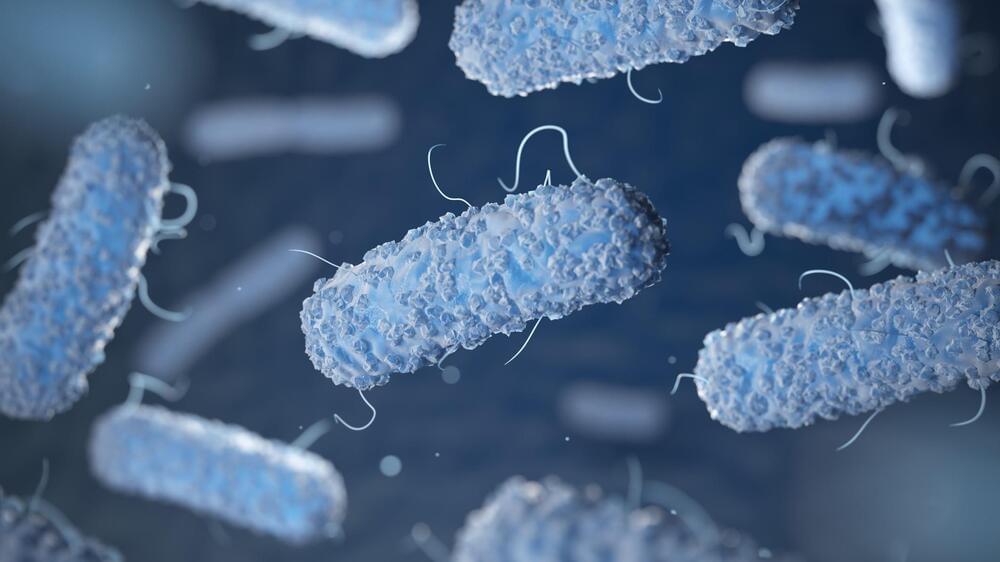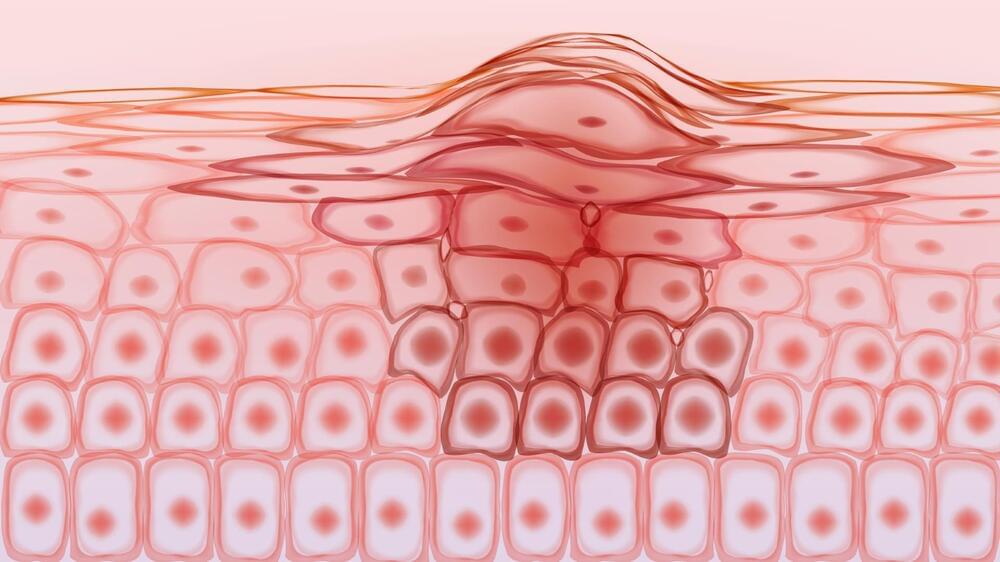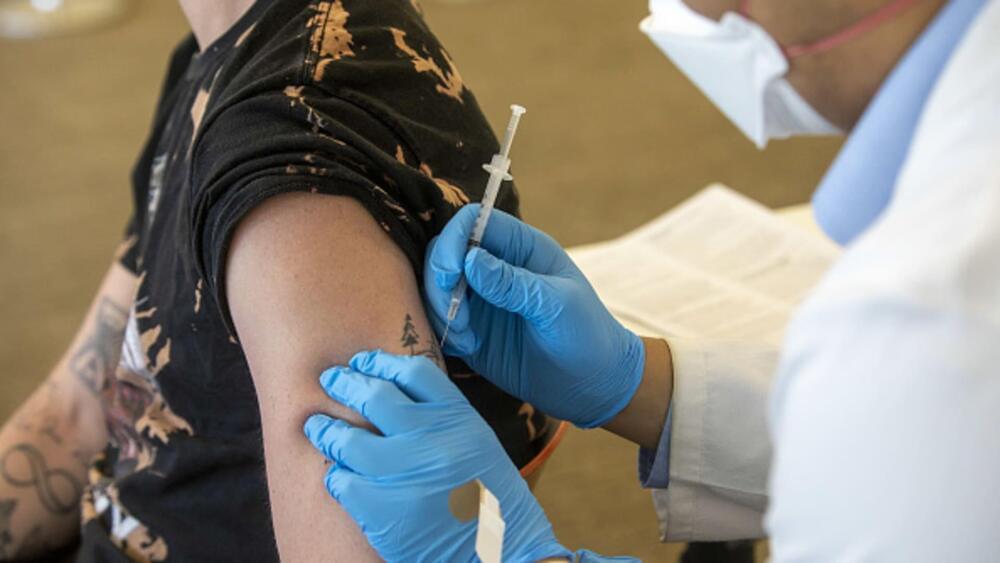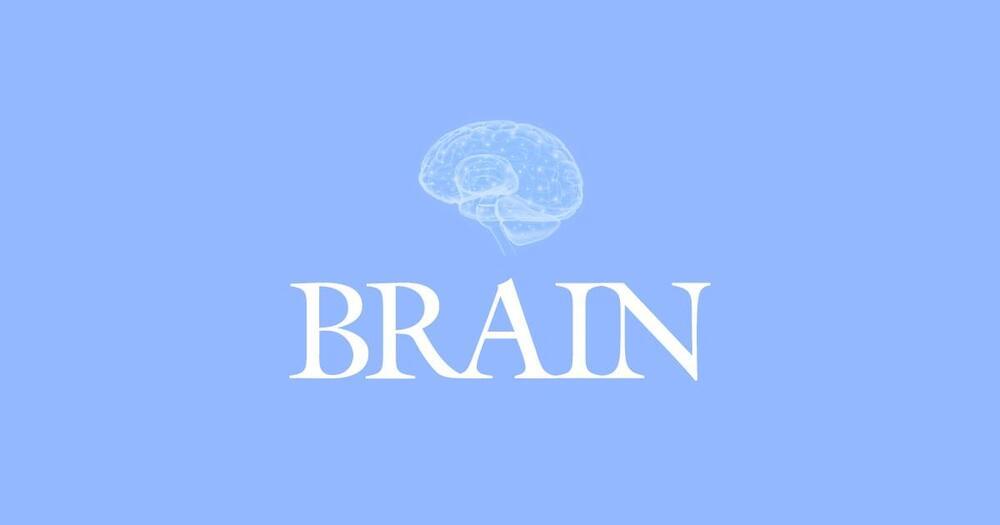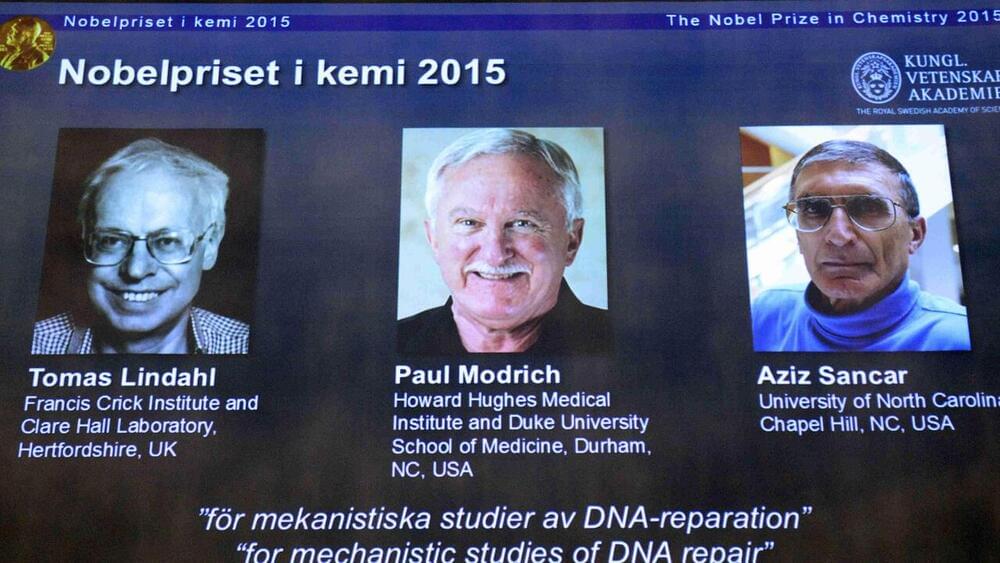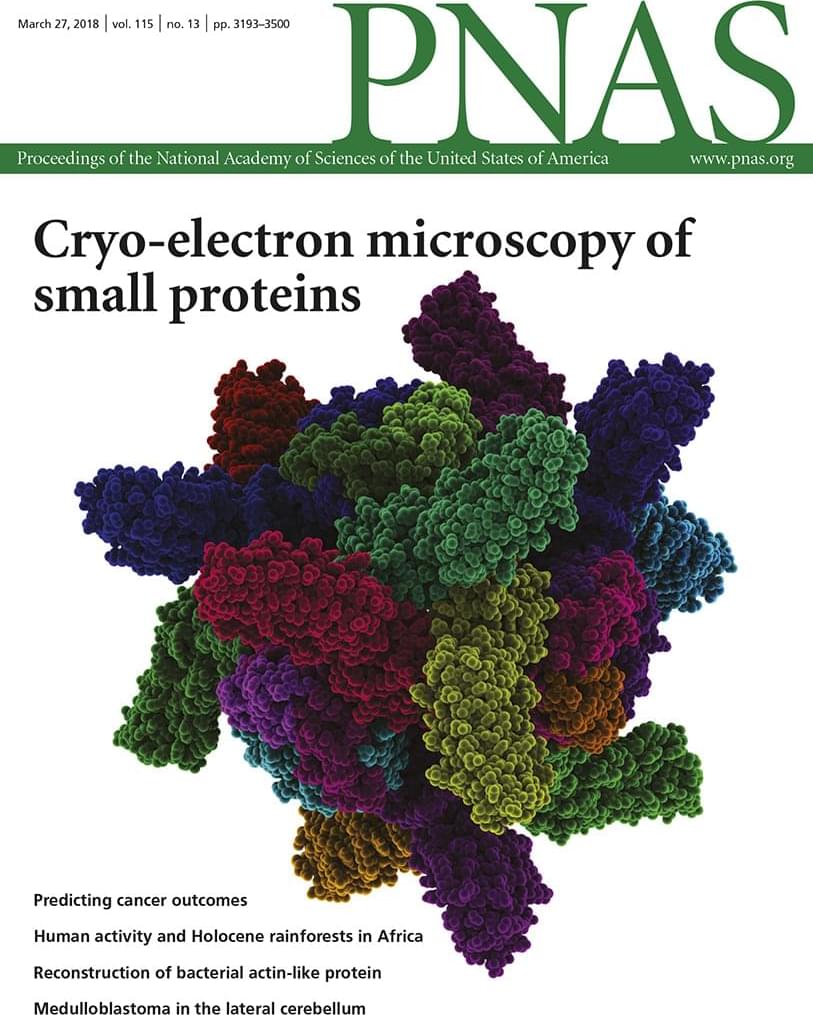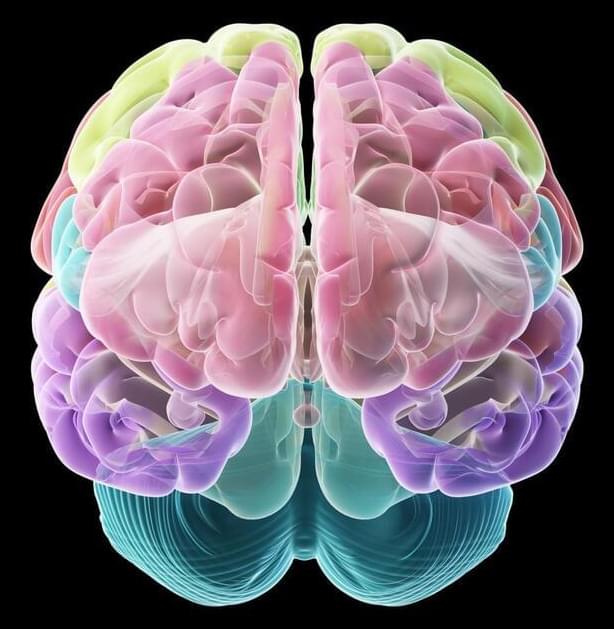Skin healing processes and spacewalk preparations filled the work schedule aboard the International Space Station on Friday. The Expedition 67 crew members are also readying a U.S. space freighter for its return to Earth next week.
Four astronauts aboard the orbiting lab practiced surgical techniques to heal wounds in microgravity on Friday in the Kibo laboratory module. The quartet split up in groups of two with NASA astronaut Bob Hines joining ESA (European Space Agency) Flight Engineer Samantha Cristoforetti for the first practice session during the morning. In the afternoon, NASA Flight Engineers Kjell Lindgren and Jessica Watkins began their session studying how to take biopsies and suture wounds inside the Life Science Glovebox.
During the middle of the day, the foursome had time set aside time for gathering frozen research samples inside science freezers and preparing them for departure back to Earth inside the SpaceX Dragon resupply ship. Dragon is due to leave the station on Aug. 18 loaded with over 4,000 pounds of station supplies and science experiments after 33 days docked to the Harmony module’s forward port. The commercial cargo craft will parachute to a splashdown off the coast of Florida the next day for retrieval by NASA and SpaceX personnel.


